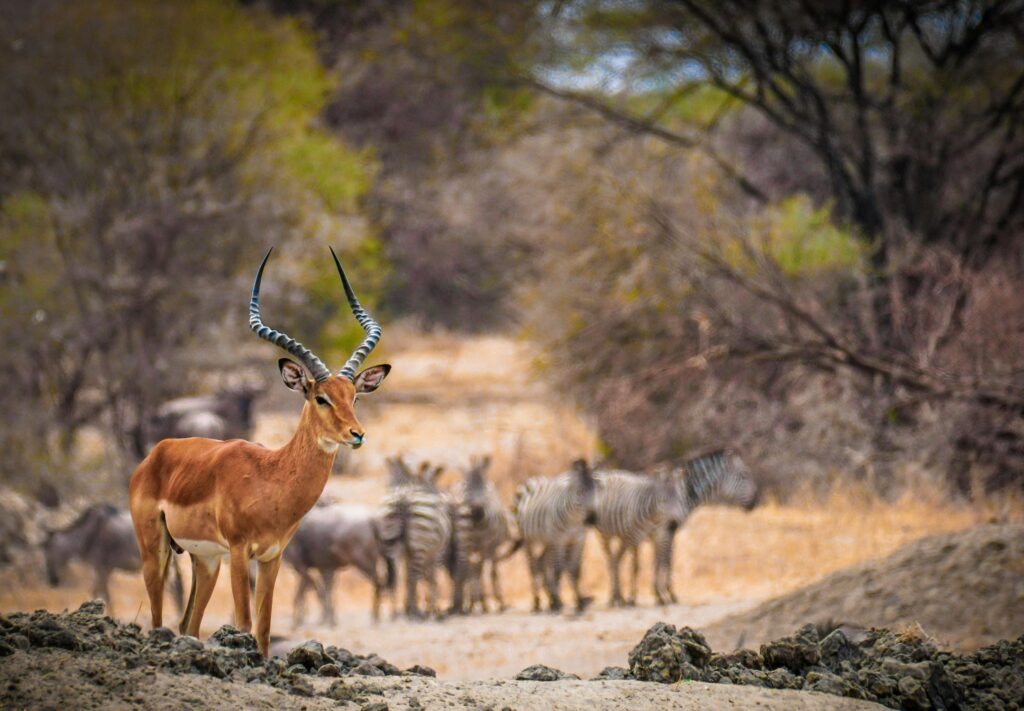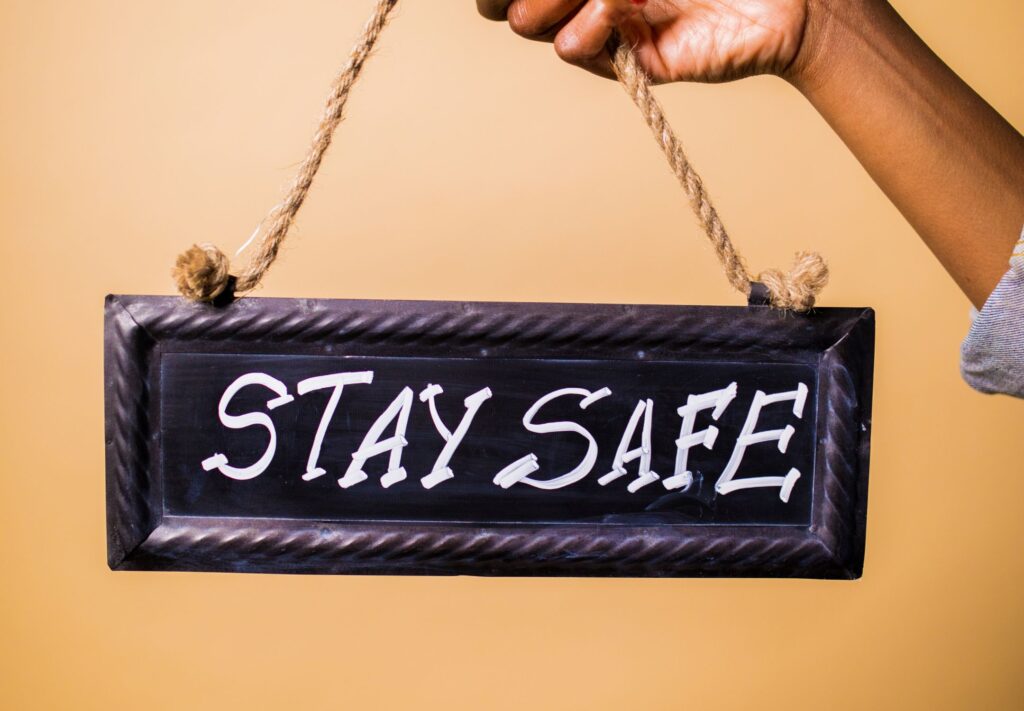How Safari Tourism Supports Wildlife Conservation in Africa
How Safari Tourism Supports Wildlife Conservation in Africa When travelers book a safari in Africa, they’re not just signing up for breathtaking wildlife encounters—they’re also playing an important role in wildlife conservation. Safari tourism has become a key driver in protecting Africa’s most iconic species and preserving the natural landscapes they call home. By visiting national parks, reserves, and community-run conservancies, tourists directly contribute to conservation funding and sustainable development. One of the biggest ways safari tourism supports conservation is through park and conservancy fees. These fees fund anti-poaching patrols, habitat restoration projects, and wildlife monitoring. In Kenya’s Maasai Mara and Tanzania’s Serengeti, for example, money collected from visitors helps protect elephants, lions, rhinos, and other threatened species. Similarly, gorilla trekking permits in Uganda and Rwanda contribute heavily to the survival of endangered mountain gorillas, with a portion of the funds going to local communities. Beyond funding, safari tourism creates a powerful incentive for local communities to protect wildlife. Many lodges and conservancies are community-owned, ensuring that income from tourism provides jobs, education, and healthcare. When communities benefit directly from wildlife, they’re more likely to support conservation rather than activities like hunting or habitat destruction. By choosing eco-friendly safari operators, travelers not only enjoy unforgettable adventures but also become active participants in safeguarding Africa’s wild heritage for future generations. Check Out Our Packages today Queen Elizabeth National Park 4 Day Tour 9 Days Mt. Rwenzori Experience Primates and Wildlife of Uganda & Rwanda 12 Day Safari 14 Days Pearl of Africa Safari 15 Days Uganda – Tanzania Wildlife Circuit 6 Days Uganda Gorilla Trekking and Wildlife Experience 5 Days Big Five Uganda Safari Kidepo Valley 3 Day Fly-in Tour Murchison Falls 5 Day Tour Adventure Daycation Tour Tanzania 5 Day Tour 3 Day Gorilla Trekking Safari Classic Uganda – Kenya 13 Day Safari 12 Day Tanzania Luxury Safari 8 Day Gorilla trekking and Masai Mara Safari




